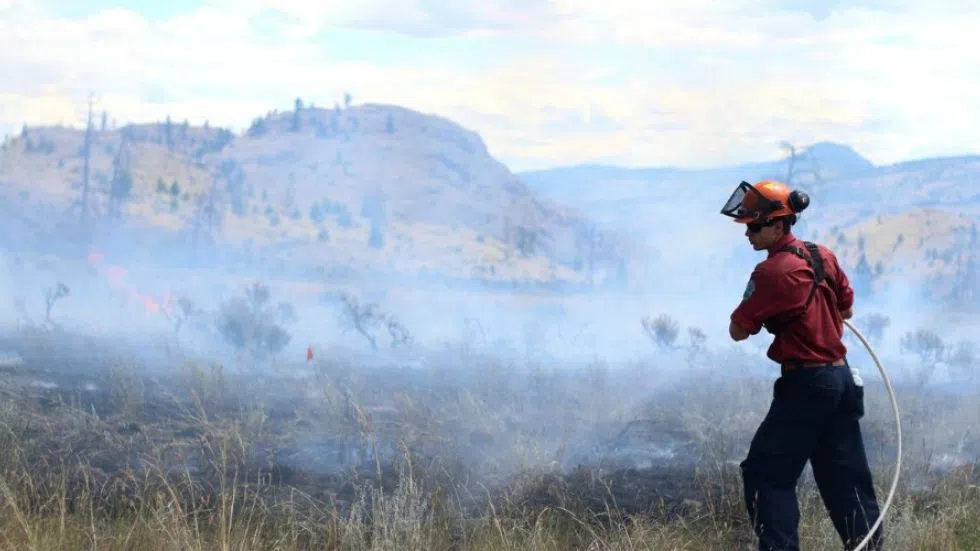
Blazing bullets: cheap ammo causing more fires in dry Island forests
NANAIMO — There’s a new reason in town for the higher than normal number of fires on Vancouver Island.
The Coastal Fire Centre, which covers all of Vancouver Island and the south coast of B.C., reported 36 fires so far this year, which is up from their 10-year average of 28.
Fire information officer Donna MacPherson said they’ve noticed a curious uptick in fires caused by guns, likely due to cheaper ammo with a steel core, instead of a lead core.
“When you’ve got a steel core and it hits a rock, it has a tendency to make a spark. We’re finding more and more of these fires spark up,” she said.



